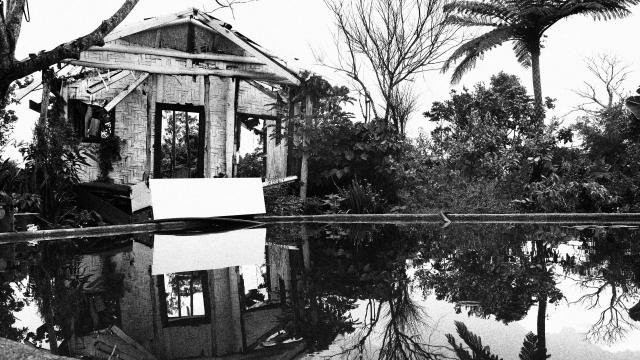
Image by Shirley, Wan Smolbag Yut Senta
The recent expansion of regional guestworker migration schemes has altered the political economy of the South Pacific, creating a ‘permanent labour reserve’ (MacWilliam, 2022) for low-wage industries in rural Australia and New Zealand. Historical structures of uneven development, against which the ‘blackbirding’ of indentured Kanaka labourers took place more than a century prior, have again enabled a transnational labour regime in which Pasifika and Timorese workers are rendered unfree and situated as a fix for accumulation: limited to racialised and gendered labour practices, tied to employer-sponsors in remote locations, and without the family accompaniment rights afforded to other migrant workers.
Taking the Pacific Australia Labour Mobility (PALM) scheme as the paradigmatic example of a resurgent guestworker model in the region, my Future Scheme project – Together, Apart – considers the social and economic implications of extended transnational family separation for Pasifika and Timorese workers, households, and communities. Drawing on insights from feminist political economy and social reproduction theory, it seeks to resituate the relationship between migrant and development (the so-called ‘migration-development nexus’) beyond the production boundary. Eschewing the preoccupation with remittances that permeates the migration-development literature, I instead foreground overlooked processes relating to: i) the biological reproduction of human and ecological life, ii) the reorganisation of unpaid labour that sustains households and communities on a daily and intergenerational basis, and iii) the broader reshaping of societal relations caught between capitalist and non-capitalist modes of production.
Rather than reflecting on a particular article, this seminar will offer an overview of the project to date and discuss how a combination of longitudinal family interviews, photo voice, and time-use surveys are being used to broaden the evaluative scope of guestworker migration schemes. Accounting for socially reproductive labour in this manner aggravates the uneven distribution of ‘wins’ arising from the PALM scheme, further undermining the claims to sustainable development upon which the scheme is nominally predicated.
Matt Withers joined the School of Sociology at ANU in 2022, following research fellowships at Macquarie University (2019-2022) and the University of Toronto (2018). His research critically examines various aspects of the relationship between temporary labour migration and development across the Asia-Pacific region, with a focus on Sri Lanka and – more recently – the South Pacific. His first book, Sri Lanka’s Remittance Economy, addresses the limitations of remittances as a form of developmental capital; his current research situates the socially reproductive implications of guestworker migration within the migration-development debate and seeks to advance comparative analyses of emigration policymaking across the Asia-Pacific.
Location
Speakers
- Matt Withers (ANU Sociology)
Event Series
Contact
- Rebecca Pearse